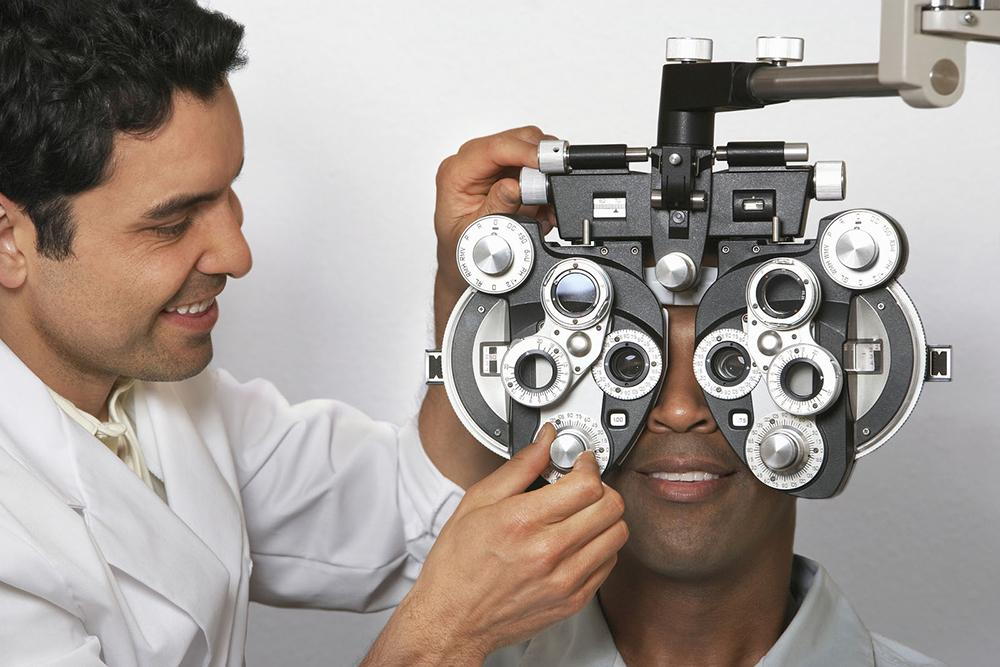
Treatment for Diabetic Eye Disease
Diabetic retinopathy, commonly referred to as diabetic eye disease, is comprised of a number of eye conditions—each of which stems from underlying diabetes. The eye-related conditions associated with diabetic retinopathy also reflect diabetic macular edema, glaucoma, and cataracts. While diabetic retinopathy tends to occur more than these other medical issues caused by diabetes—each creates a slew of medical issues for patients every year. Chapel Hill Ophthalmology has assisted patients in Chapel Hill, NC, for many years—helping those with diabetes find recovery.
What Causes Diabetic Eye Disease?
It’s important to understand the underlying factors which can result in diabetic eye disease. Chronically high blood sugar, stemming from diabetes itself, can damage the retina’s blood vessels—resulting in diabetic retinopathy.
When this happens, blood vessels in the retina leak fluid, or even hemorrhage, and distort the person’s vision. Sometimes, abnormal blood vessels can increase in number across the retina’s surface—resulting in cell loss and scarring.
Am I at Risk for Diabetic Retinopathy?
If you currently have Type 1, Type 2 or gestational diabetes—you may be at risk for diabetic retinopathy. This risk increases over time. Today, between 40 and 45 percent of those diagnosed with any type of diabetes experience diabetic retinopathy—even if approximately half are aware of it.
Your Ophthalmologist in Chapel Hill
The professionals at Chapel Hill Ophthalmology are well-trained in the science of detecting diabetic retinopathy. Your eye doctor will use a mixture of visual acuity testing, pupil dilation tests, tonometry, and optical coherence tomography to check the retinas for signs of diabetic eye disease, including:
- Changes in the eye’s lens
- Nerve tissue damage
- Blood vessel changes
- Leaking blood vessels
If your ophthalmologist in Chapel Hill suspects you may have diabetic retinopathy, they may suggest a fluorescein angiogram to further examine any leaky blood vessels. Following treatment can reduce the risk of blindness by as much as 95 percent—assisting patients over a number of years.
Chapel Hill Ophthalmology doctors can help you achieve optimal eye health via anti-VEGF Injection Therapy, corticosteroids, and focal macular laser surgery. As your leading Chapel Hill, NC, provider—we’re outfitted with the medical world’s greatest eye care technological advancements.
Give us a call today, and schedule an appointment with one of our doctors. At Chapel Hill Ophthalmology, we help patients every step of the way.
